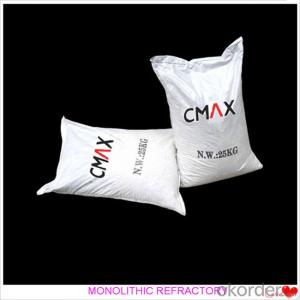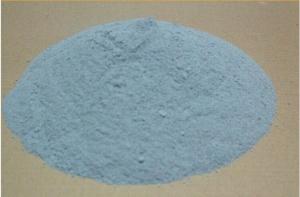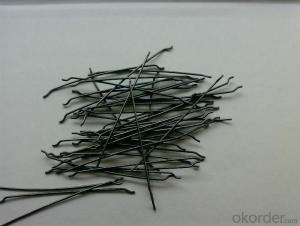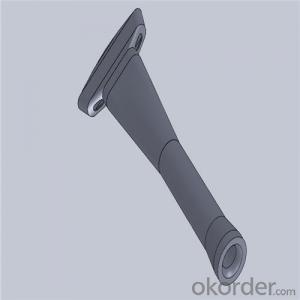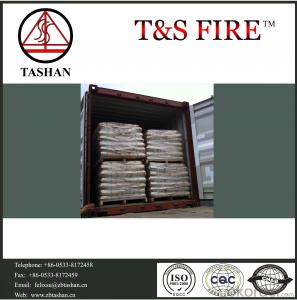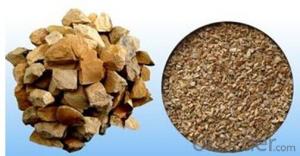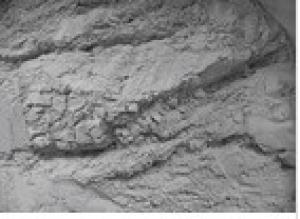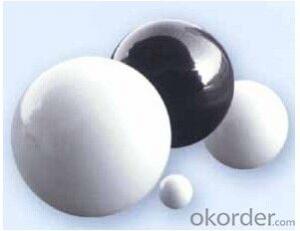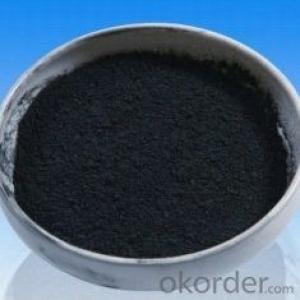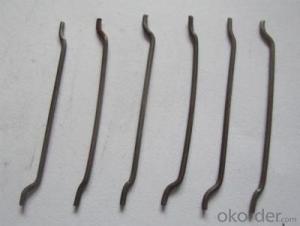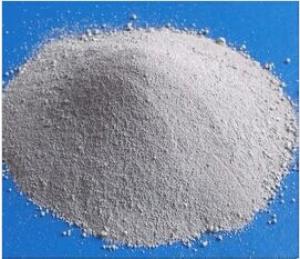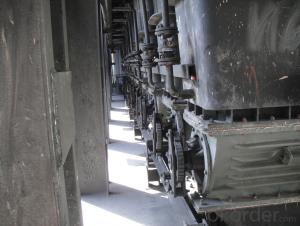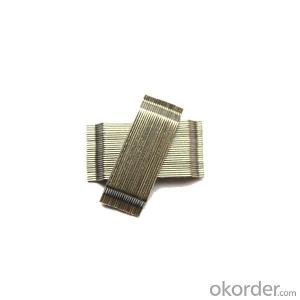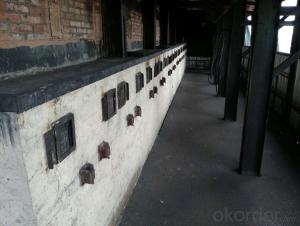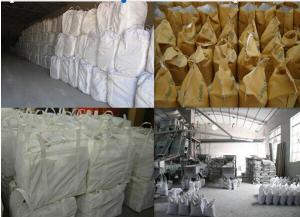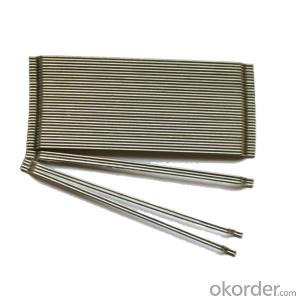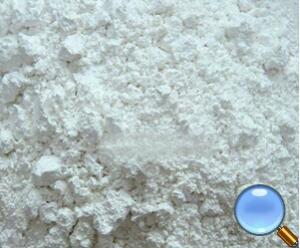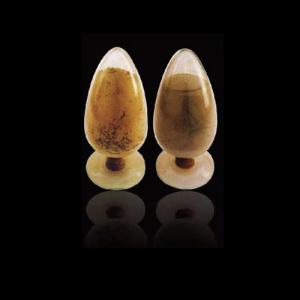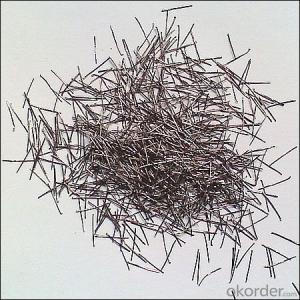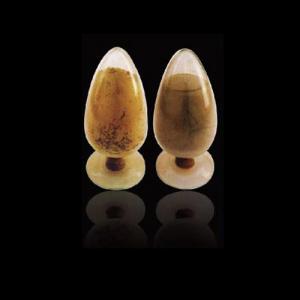All Categories
- - Steel Wire Rod
- - Steel Coils
- - Steel Profiles
- - Steel Pipes
- - Stainless Steel
- - Tinplate
- - Special Steel
- - Steel Sheets
- - Steel Rebars
- - Steel Strips
- - Hot Rolled Steel
- - Cold Rolled Steel
- - Pre-painted Steel
- - Seamless Steel Pipe
- - Welded Steel Pipe
- - Hollow Steel Tubes
- - Galvanized Pipe
- - Stainless Steel Coil
- - Stainless Steel Sheet
- - Stainless Steel Plate
- - Stainless Steel Strips
- - Electrolytic Tinplate Coil
- - Electrolytic Tinplate Sheet
- - Stainless Steel Rebars
- - Solar Panels
- - Solar Water Heater
- - Solar Related Products
- - Solar Inverter
- - Solar Cells
- - Solar Light
- - Solar Energy Systems
- - Solar Controllers
- - Solar Mounting System
- - Solar Pump
- - Solar Chargers
- - Fiberglass Chopped Strand
- - Fiberglass Mesh Cloth
- - Composite Pipes
- - FRP Pultrusion Profiles
- - Fiberglass Mat Tissue
- - Fiberglass Fabrics
- - Fiberglass Mesh
- - Composite Tank
- - Fiberglass Mesh tape
- - Polymer
- - FRP Roofing Panel
- - Fiberglass Roving
- - Monolithic Refractories
- - Ceramic Fiber Products
- - Refractory Bricks
- - Raw Materials For Refractory
- - Suspended Platform
- - Cranes
- - Concrete Machinery
- - Earthmoving Machinery
- - Building Hoist
- - Road Building Machinery
- - Plastic Pipe Fittings
- - Plastic Tubes
- - Plastic Sheets
- - Agricultural Plastic Products
- - Plastic Nets
Q & A
How do monolithic refractories perform in vacuum environments?
Monolithic refractories are generally not suitable for vacuum environments due to their porous structure, which can lead to outgassing and thermal cracking. In vacuum conditions, the absence of atmospheric pressure can cause the release of trapped gases within the refractory material, leading to a decrease in its mechanical strength and thermal conductivity. Therefore, specialized refractories with low porosity and minimal gas content, such as dense ceramics or vacuum-formed insulating materials, are preferred for applications in vacuum environments.
What are the environmental considerations of using monolithic refractories?
One of the main environmental considerations of using monolithic refractories is their high energy consumption during production. The manufacturing process involves the use of high temperatures and requires significant amounts of energy, which contributes to carbon emissions and overall environmental impact. Additionally, some monolithic refractories contain hazardous materials such as chromium, which can pose risks to human health and the environment if not properly handled and disposed of. Therefore, it is crucial to implement sustainable practices and explore alternative refractory materials that are more environmentally friendly.
Can monolithic refractories be used in carbonization and graphitization processes?
Yes, monolithic refractories can be used in carbonization and graphitization processes. Monolithic refractories are versatile and can withstand high temperatures and harsh conditions, making them suitable for these processes. They provide excellent thermal insulation and resistance to chemical reactions, ensuring the efficient and controlled carbonization and graphitization of materials.
What are the key considerations for repairing cracks and spalls in monolithic refractories in corrosive environments with high vibrations?
When repairing cracks and spalls in monolithic refractories in corrosive environments with high vibrations, there are several key considerations to keep in mind.
Firstly, it is crucial to select a repair material that is specifically designed to withstand corrosive environments. The repair material should have excellent chemical resistance to prevent further deterioration.
Secondly, the repair method should take into account the high vibrations present in the environment. It is important to choose a repair technique that can provide a strong bond and withstand the dynamic forces caused by vibrations.
Additionally, proper surface preparation is essential for a successful repair. The damaged area should be thoroughly cleaned and any loose material should be removed before applying the repair material. This ensures optimal adhesion and long-term durability of the repair.
Furthermore, the curing and drying process should be carefully followed according to the manufacturer's instructions. This ensures that the repair material reaches its maximum strength and can effectively resist the corrosive environment and vibrations.
Lastly, regular inspection and maintenance are crucial in a corrosive environment with high vibrations. It is important to monitor the repaired areas for any signs of deterioration or new cracks, and take prompt action to address them to prevent further damage.
What are monolithic refractories?
Monolithic refractories are a type of refractory material that are formed and applied in a single, continuous structure. Unlike traditional refractory bricks, which are made in separate pieces and assembled together, monolithic refractories are typically cast or gunned into place as a single unit. They are used in various industries, including steel, cement, glass, and petrochemical, for lining high-temperature equipment such as furnaces, kilns, and incinerators. Monolithic refractories offer advantages like ease of installation, better thermal insulation, and increased resistance to thermal shock.
Wholesale Monolithic Refractories from supplier in Algeria
Whether you are looking for basic monolithic refractories or high-performance solutions, we have the expertise and resources to meet your specific requirements. Our product range includes castables, plastic refractories, ramming mixes, gunning mixes, and other specialized monolithic refractories.
As a subsidiary of CNBM, we benefit from the global network and resources of one of the world's largest building materials companies. This allows us to offer competitive prices, reliable delivery, and consistent quality for all our products.
In addition to supplying monolithic refractories, we also provide comprehensive sales and technical support services. Our team of experienced professionals is available to assist you with product selection, application guidance, and troubleshooting. We understand the unique challenges and requirements of the Algerian market and can provide tailored solutions to meet your specific needs.
We take pride in our commitment to customer satisfaction and strive to build long-term partnerships with our clients. From initial inquiry to after-sales support, we ensure a seamless procurement experience for all our customers.
Whether you are involved in industrial projects, construction, or maintenance operations, we have the expertise and resources to support your monolithic refractories needs in Algeria. Contact us today to discuss your requirements and experience the difference of working with a trusted partner.
As a subsidiary of CNBM, we benefit from the global network and resources of one of the world's largest building materials companies. This allows us to offer competitive prices, reliable delivery, and consistent quality for all our products.
In addition to supplying monolithic refractories, we also provide comprehensive sales and technical support services. Our team of experienced professionals is available to assist you with product selection, application guidance, and troubleshooting. We understand the unique challenges and requirements of the Algerian market and can provide tailored solutions to meet your specific needs.
We take pride in our commitment to customer satisfaction and strive to build long-term partnerships with our clients. From initial inquiry to after-sales support, we ensure a seamless procurement experience for all our customers.
Whether you are involved in industrial projects, construction, or maintenance operations, we have the expertise and resources to support your monolithic refractories needs in Algeria. Contact us today to discuss your requirements and experience the difference of working with a trusted partner.
Hot Search
- Monolithic Refractories in Cameroon
- Ceramic Fiber Products in Slovenia
- Refractory Bricks in Singapore
- Raw Materials For Refractory in Mauritania
- Monolithic Refractories in Fiji
- Monolithic Refractories in Belgium
- Raw Materials For Refractory in Kuwait
- Refractory Bricks in Zambia
- Raw Materials For Refractory in Philippines
- Ceramic Fiber Products in Moldova
